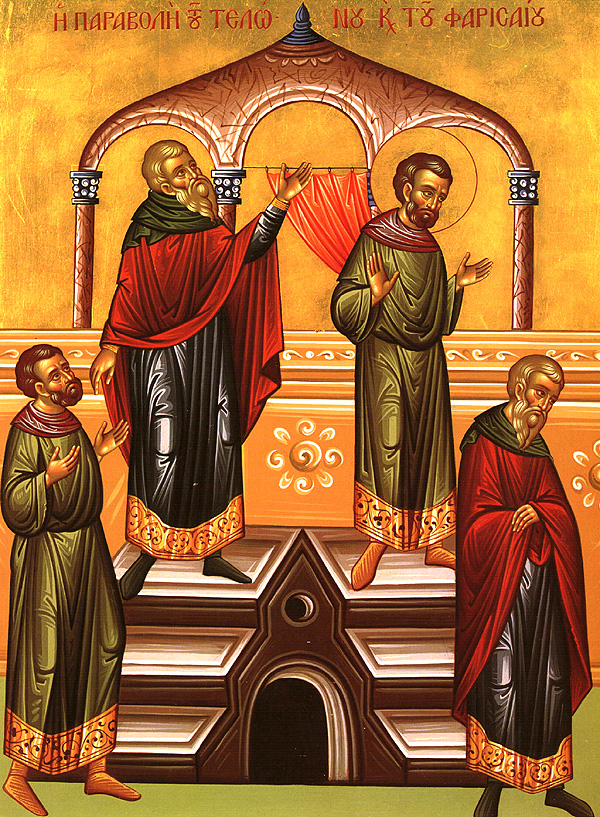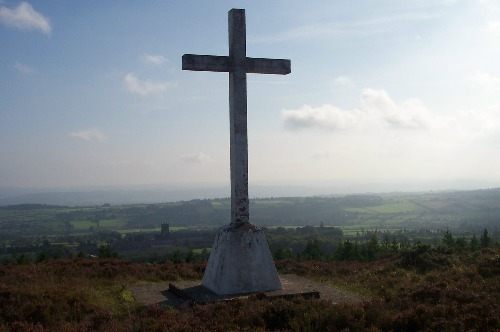Sermon Preached on Sunday June 29, 2008
Proper 7A, 8th Sunday after Pentecost
For the past few weeks I have found myself more and more out in the city in my clericals: the black suit and the collar. I have been at Saint Mary’s for four years, and I’m somewhat embarrassed to say that I have not gotten used to walking around the city dressed as a priest, nor have I gotten used to some of the comments that have been made on account of my appearance.
Almost every time I walk outside alone in my collar someone asks me for money. Usually I don’t have anything to give and I say that. I’d say about half the time that brings out an angry response. A couple of weeks ago a guy kept screaming at me as I walked down the block after I told him I didn’t have any money.
I’ve noticed on the subway that if I ignore someone asking for money, half of the train will give money. If I don’t ignore someone asking for money, nobody will give money.
I love being a priest, I think sometimes it is difficult being an obvious representative of the church. I find responding the comments that I get only because I am a priest, both good and bad comments, very difficult.
In our Gospel today Jesus gives his disciples a number of instructions before he sends them out. In particular, one instruction hit home to me. “do not be anxious how you are to speak or what you are to say; for what you are to say will be given to you in that hour; for it is not you who speak, but the Spirit of your Father speaking through you.” As I said, I have rarely found it easy to find the right thing to say when I am greeted or confronted by a stranger simply because I am a priest. What am I supposed to say?
I don’t think that question is for the clergy alone. I would be surprised if any Christian had gone through his or her life without ever being questioned in a friendly manner or in a confrontational manner about the faith. I have been searching for some perfect response or turn of phrase, but I haven’t found anything yet. Somebody recently suggested that I should just give everyone the finger who bothers me. Certainly that would be unexpected, but I’m not sure that’s the ideal response.
As difficult as it might be, I think in sometimes the Spirit may be telling me to hold my tongue. At other times, speaking directly about my faith in Christ is called for and I think often it is through the power of the Spirit that we are able to speak about what we believe.
One thing is for sure. The apostles who were sent out by Jesus to spread the good news of the death and resurrection of Jesus didn’t go out assuming the Spirit would solve all of their problems. In the Acts of the Apostles, there is a story about one of Jesus’ disciples named Philip who encounters an Ethiopian eunuch. When the eunich questions him, Philip responds by interpreting the Scriptures for him and Often, Paul uses his knowledge of the Scriptures to speak about God’s love in Christ.
One of my favorite stores to buy clothes at is Symms. Aside from the good deals, the shopping bags they have are great: they have huge lettering that says” I am an educated consumer.” I think God is calling each of us to be educated Christians.
When I am questioned about my faith, I have found it very useful to be familiar with the Scriptures. I’ve found it very useful to be familiar with the history of the church. I believe that all of us will be confronted about our faith at some point. God will be with us if we ask him to be at those times, but in the meanwhile, I think it is wise to be familiar with our own faith. The summer has only begun, and I invite you to join a number of us who read the daily office here at Saint Mary’s. In my opinion it is the best way to become familiar with the Old and New Testament. I also invite you to look ahead to the Christian Education offerings beginning in September.


















